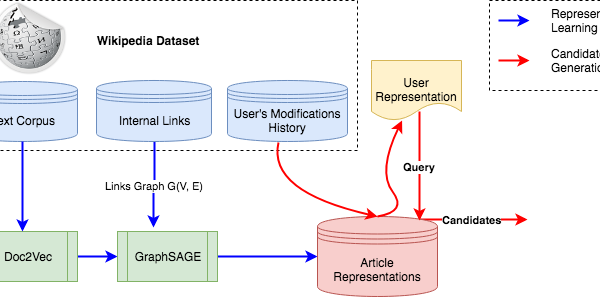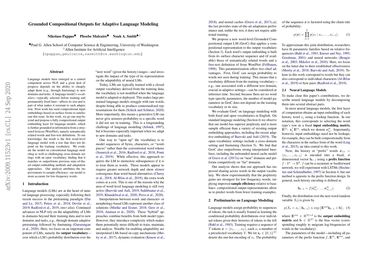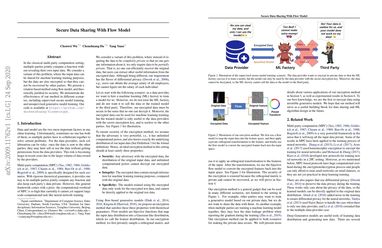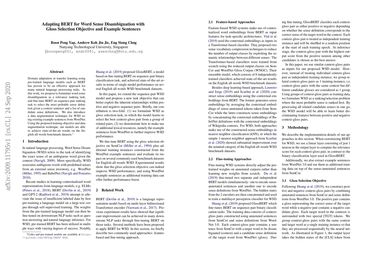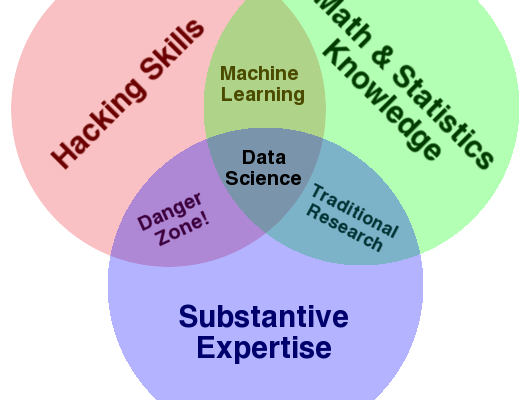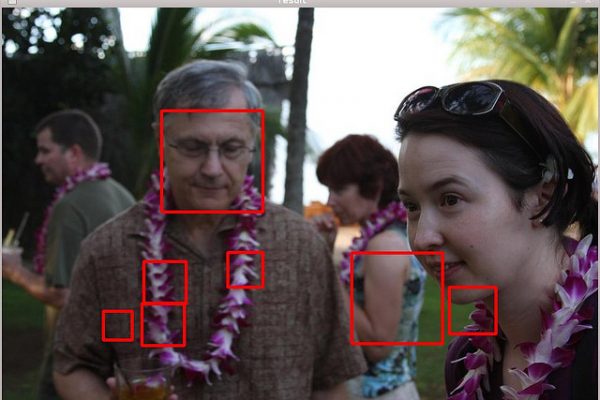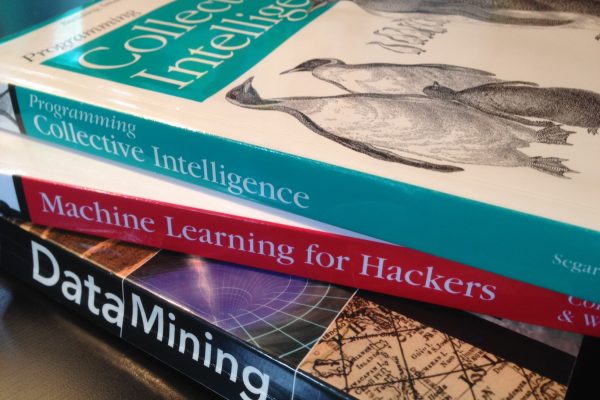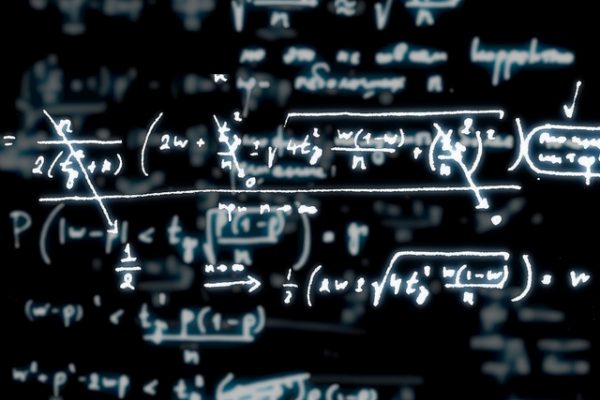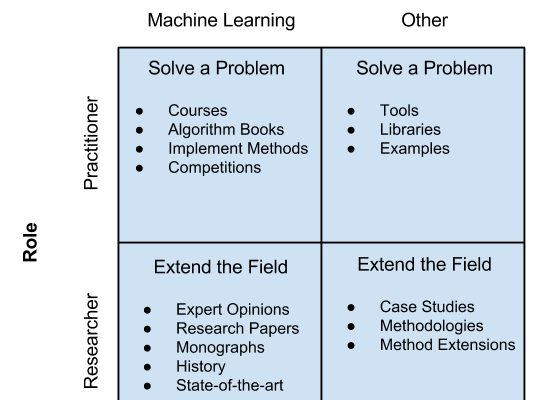Scalable Recommendation of Wikipedia Articles to Editors Using Representation Learning
Wikipedia is edited by volunteer editors around the world. Considering the large amount of existing content (e.g. over 5M articles in English Wikipedia), deciding what to edit next can be difficult, both for experienced users that usually have a huge backlog of articles to prioritize, as well as for newcomers who that might need guidance in selecting the next article to contribute… Therefore, helping editors to find relevant articles should improve their performance and help in the retention of new […]
Read more